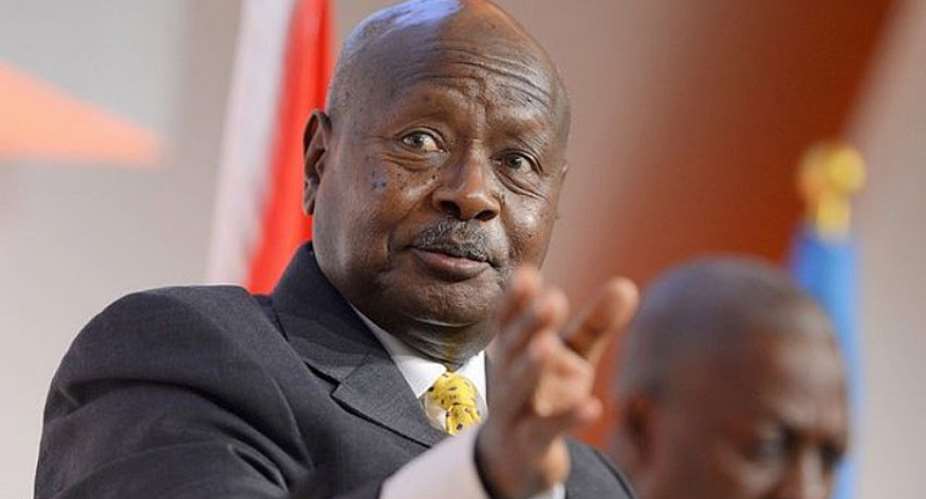Africa breathed a sigh of relief on July 17. Sudan's military rulers and leaders of a protest movement signed a power-sharing deal expected to potentially restore democracy in this key African nation.
When Sudan military leader General Abdalfatah al Burhan al-Rahman met with President Yoweri Museveni in the Ugandan eastern city of Mbale on July 5, the later encourage the Sudanese to agree, citing chronic civil strife as posing a serious danger to Africa. Speaking from a wealth of experience that was recognized by Gen Burhan, Museveni regretted that Uganda lost a lot of development time while engaging in disagreements.
Mediated by the African Union and Ethiopia the latest Sudanese agreement provides for a civilian-led government of technocrats and a sovereign council that will operate as a collective presidency, with five members each from the protest movement and the military. An 11th member will be a civilian selected jointly by the two sides. The council will be led by the military for the first 21 months and by a civilian representative for 18 months. The umbrella protest movement will nominate the Prime Minister who will name a cabinet of 20 ministers, excluding the Interior and Defence Ministers. Also in the agreement is the launching of an independent and transparent investigation of all violent incidents starting from April 11 when the military removed Mr Al Bashir.
With this done, remaining as the country’s major challenge is the urgent need to overhaul the deeply crippled economy. Without fixing the economy, citizens will remain disgruntled and vulnerable for any kind of manipulation including destabilizing the country further.
But to overhaul the economy, Sudan will need a huge infusion of foreign funds. While a significant portion of this can come from mainly Gulf allies, Sudan needs to position itself and maximize benefits from the newly launched African Free Trade Area (AFTA). The economic zone, planned to eliminate over 90% of intra-trade tariffs inside the continent is arguably the world’s biggest. Yet Sudan as the continent’s confluence country—representing Africa’s cultural diversity and linking it to the lucrative Middle East market, cannot afford to miss-out but miss-out it will if its citizens choose instability.
In the interim period, the Sudanese military leadership is hailed for its commitment in repositioning and reclaiming the country’s historical influential role on the continent.
Swaib K Nsereko
PhD Researcher, University of Gezira, Sudan/Asst Lecturer, Islamic University in Uganda





 We’ll no longer tolerate your empty, unwarranted attacks – TUC blasts Prof Adei
We’ll no longer tolerate your empty, unwarranted attacks – TUC blasts Prof Adei
 Bawumia donates GHc200,000 to support Madina fire victims
Bawumia donates GHc200,000 to support Madina fire victims
 IMF to disburse US$360million third tranche to Ghana without creditors MoU
IMF to disburse US$360million third tranche to Ghana without creditors MoU
 Truck owner share insights into train collision incident
Truck owner share insights into train collision incident
 Paramount chief of Bassare Traditional Area passes on
Paramount chief of Bassare Traditional Area passes on
 Two teachers in court over alleged illegal possession of BECE papers
Two teachers in court over alleged illegal possession of BECE papers
 Sunyani: Victim allegedly shot by traditional warriors appeals for justice
Sunyani: Victim allegedly shot by traditional warriors appeals for justice
 Mahama vows to scrap teacher licensure exams, review Free SHS policy
Mahama vows to scrap teacher licensure exams, review Free SHS policy
 Government will replace burnt Madina shops with a new three-story, 120-store fac...
Government will replace burnt Madina shops with a new three-story, 120-store fac...
